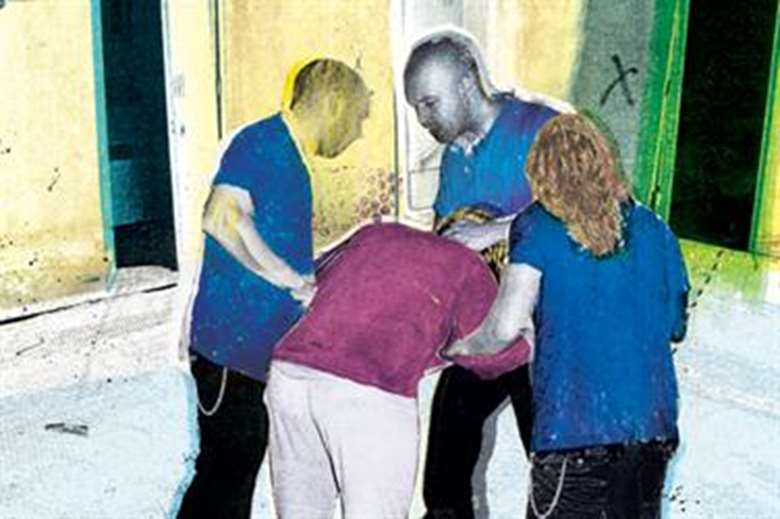New rules governing restraint in youth jails unveiled
Neil Puffett
Tuesday, July 10, 2012
New rules governing the use of restraint in youth custody will have a "big impact" on reducing the number of young people subjected to such interventions, the head of the Youth Justice Board (YJB) has predicted.

Guidance on the new system is outlined in documents published today by the Ministry of Justice (MoJ), including revised frameworks and codes of practice.
It focuses on so-called “de-escalation techniques” and the use of restorative justice, so that potential flashpoints are approached in a different manner by both secure training centres (STCs) and young offender institutions (YOIs).
The system will initially be adopted by Rainsbrook STC, near Rugby, before being rolled out over the entire youth secure estate over the coming two years, as staff are trained up.
Frances Done, chair of the YJB, said: “The new system is unambiguous around minimising the use of restraint, de-escalating incidents, and using restraint as a last resort and will apply to both STCs and YOIs, which will mean consistent practice.
“Arrangements are going to be far superior. It has taken quite a long time but it had to be a thorough job because it is so important we get it right.
“It’s not possible to predict what the reduction in use of restraint will be but once staff training is completed it will mean that every member of staff and senior management teams will have been trained consistently with a focus on minimisation. We can feel confident it will have a big impact.”
The move is a response to an independent review of restraint, carried out in 2008 by Peter Smallridge and Andrew Williamson, which made a total of 58 recommendations, the majority of which were accepted by ministers.
Among the recommendations accepted by the government was that use of restraint in the secure estate should be reduced, but figures released by the MoJ in January revealed that it actually increased between 2009/10 and 2010/11.
The revised guidance has been approved by the Restraint Accreditation Board, a group of experts created to assess proposed new approaches.




